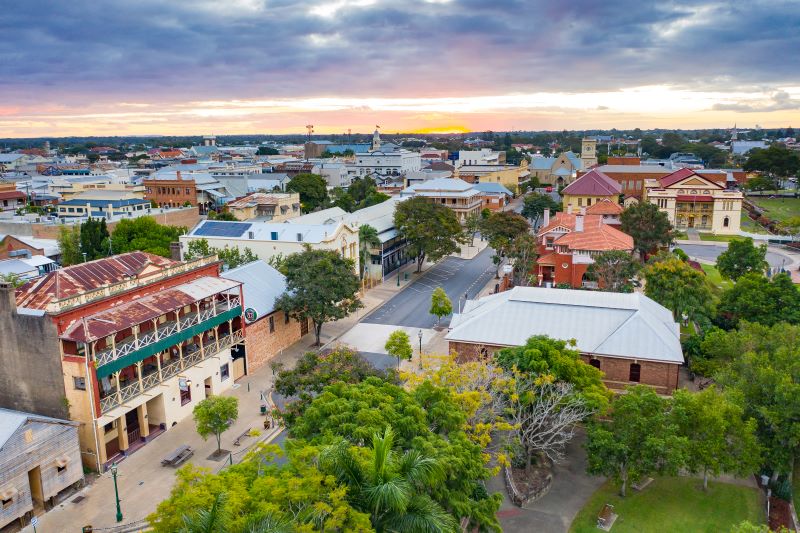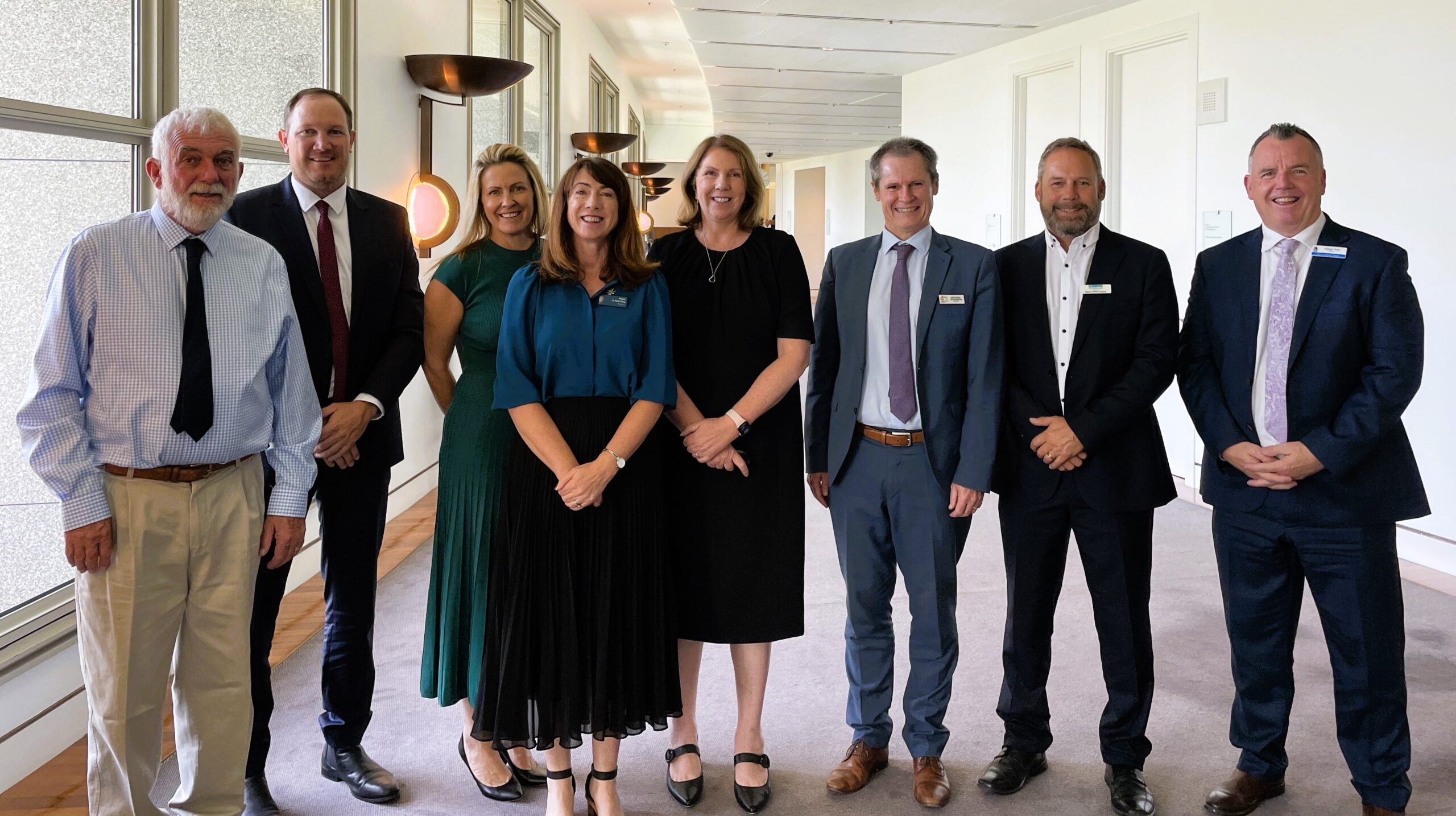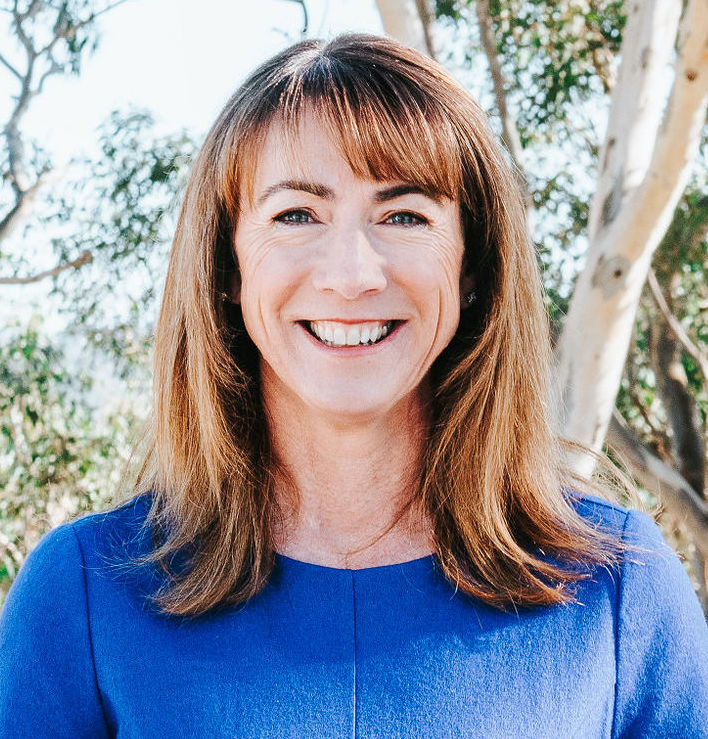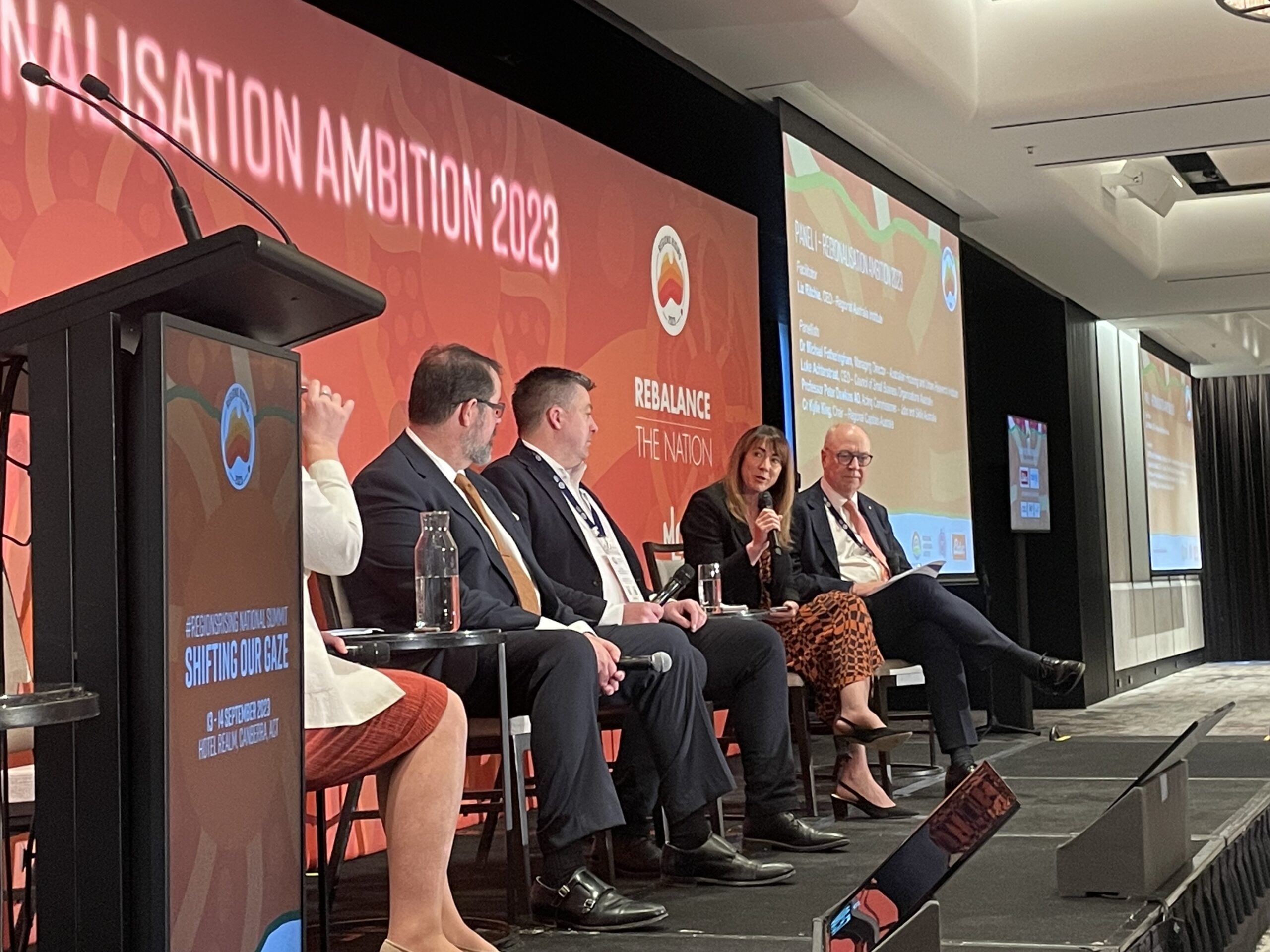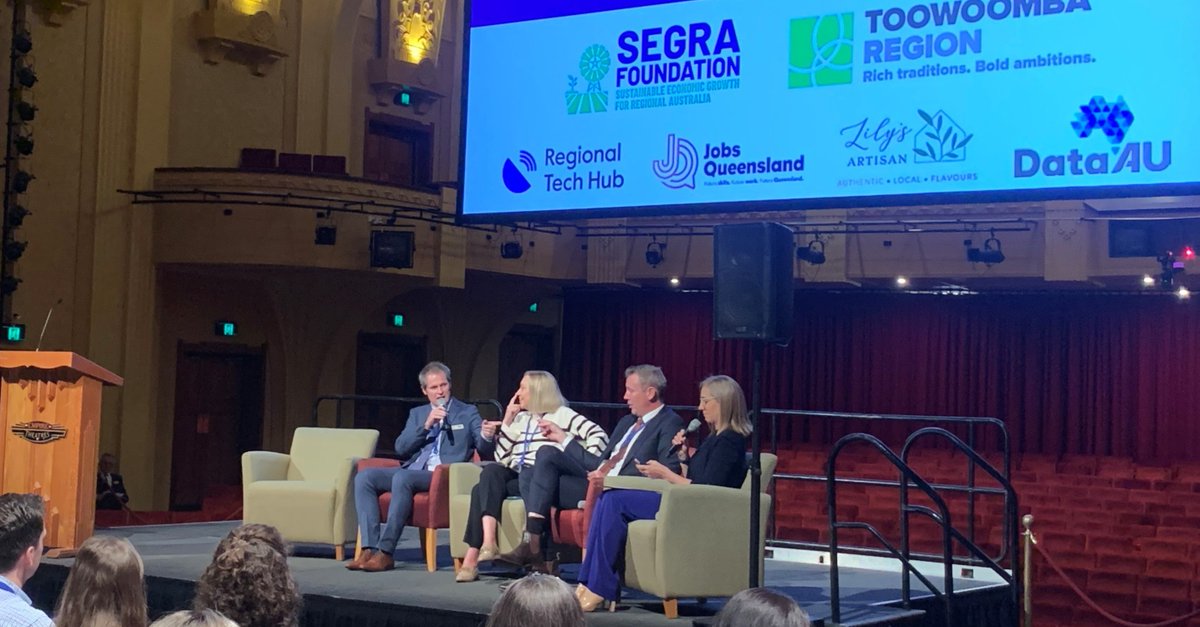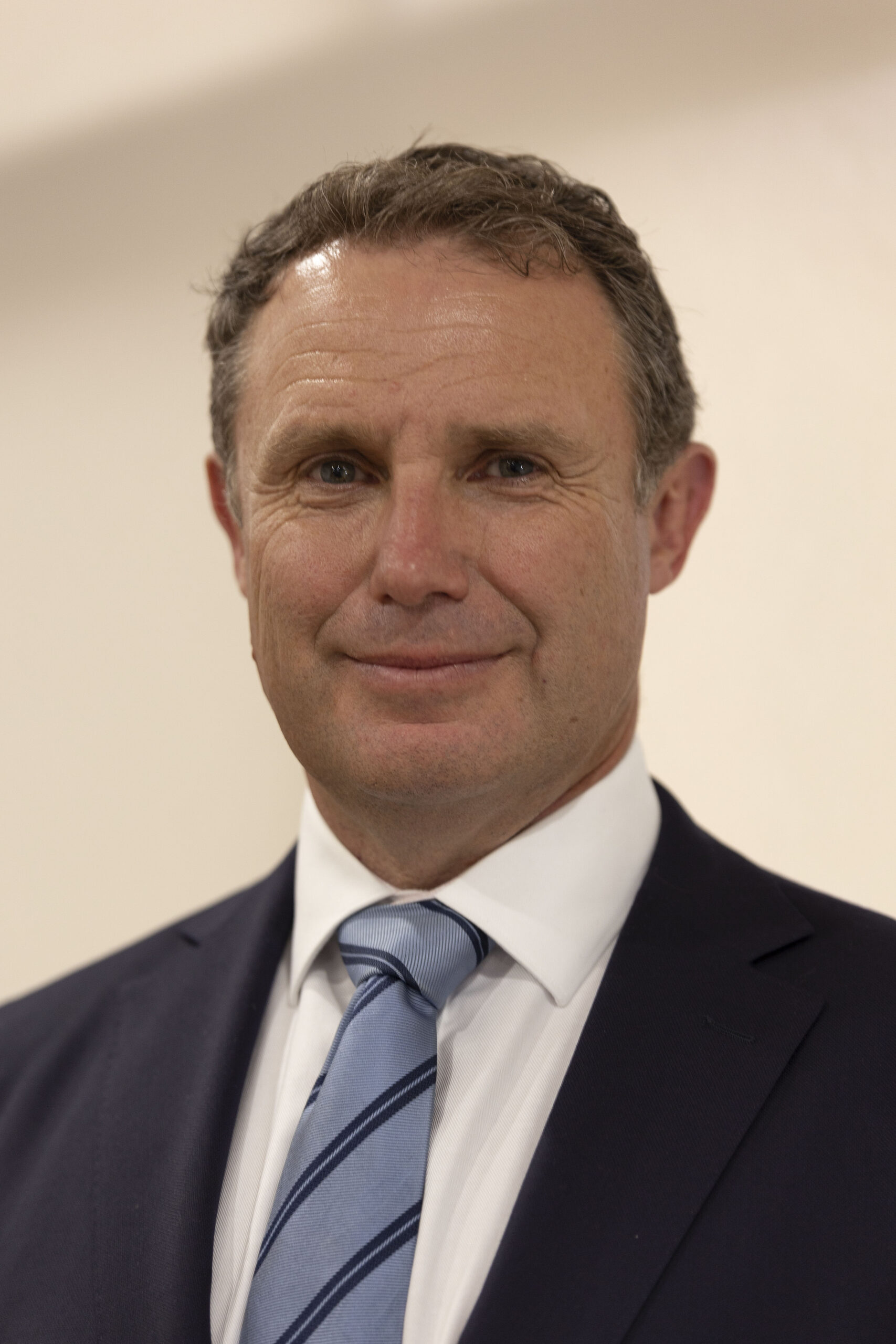In new survey results from Regional Capitals Australia members, 100 percent reported that local health services are affected by the housing shortage, with a further 93 percent of member councils indicating that major local industries are also impacted.
Cr Kylie King, Chair of Regional Capitals Australia (RCA) said the increasing shortage of available and affordable housing was impacting the ability of regional cities to function as essential service centres for the broader regional population.
“Unfortunately, the housing crisis is now becoming a health and employment crisis,” Cr King said.
“The critical shortage of housing in regional Australia is severely impacting local employment, essential services and the delivery of major national projects such as our transition to renewables,” Cr King explained.
In-depth case studies of RCA member councils Albury, Ballarat, Geelong and Port Hedland reveal common challenges of high cost of delivering enabling infrastructure, skills shortages and under-utilisation of existing land/properties.
Regional Capitals Australia acknowledged the commitment from all levels of government to address the ongoing shortage of suitable and affordable housing, however it urged further action on the issue.
Regional Capitals Australia recommends the following to address the housing crisis:
- Release of more crown land for social and affordable housing;
- Planning guidelines for social and affordable housing to include mandatory inclusionary zoning or pre-set ratios;
- Flexibility for infill development in established areas;
- Refurbishment or redevelopment of government owned derelict housing;
- Innovation housing solutions such as 3D printing, modular or prefabricated housing;
- Support to facilitate development of project partnerships with local housing providers; and
- Ongoing support for enabling infrastructure costs.
RCA member councils also noted that skills shortages is one of the major contributing factors, with 87 percent of RCA member councils identifying a shortage of builders and tradespeople as the most significant barrier to new housing.
Furthermore, 73 percent of RCA members reported a shortage of strategic and statutory planners and other essential positions necessary to plan and approve residential housing.
Regional Capitals Australia recommends the following to address skills shortages:
- Ensuring that skilled migration can meet regional needs;
- Scholarships and subsidies for degrees and training and in skills shortage areas – particularly planners;
- Greater investment in technical education and apprenticeships; and
- Investment in vocational education in more locations as travel costs are a major barrier to completion.
“Regional housing supply has not kept pace with demographic change, and we need the policy settings to be more responsive, innovative and dynamic to allow regional councils to deliver the best fit for their community,” Cr King concluded.

